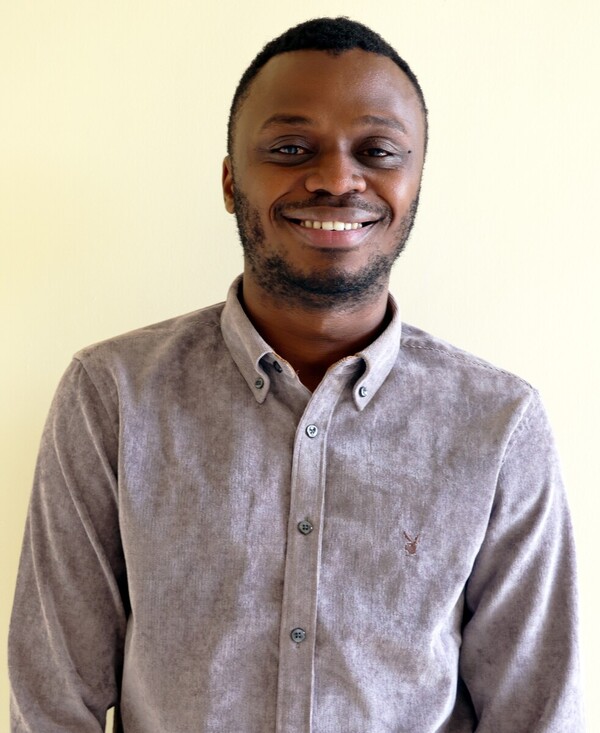Meet Elie Byukusenge, District Facilitator of the WASH Systems Academy training for Isoko y'Ubuzima in Rwanda
'As a facilitator, you can write and work with the participants on tracking their progress as it is a good way to see if they are meeting expectations and where they might improve...'
Published on: 18/04/2023

Elie Byukusenge, is one of the District facilitators for the WASH Systems Academy course in Rwanda. Elie shares his experience as the District Facilitator for the courses he supported in Rwanda under the Isoko y'Ubuzima project.
For which course(s) you have provided facilitation support?
How are you using E-learning at the district level? Can you share your experiences with that? Did it work?
I have been using E-learning at the district level by supporting the registration of district staff and other district WASH key actors such as District WASH Board members to access the course on the WASH Systems Academy. I was also involved in encouraging the participants to take the course as it can help them change the way they work as well as their performance.
Some participants have followed and completed different courses related to WASH and the contents of the courses has helped them to boost their knowledge and skills. The district staff and District WASH Board members are quite busy with their jobs but I tried to explain to them the benefit of E-learning. It allows them to control the pace of their learning and they can fit the learning time around their schedules because the learning materials are always available at the WASH Systems Academy.
Can you give us some examples of what is working well and what is not?
Some participants have followed and completed the courses by themselves and the good thing about the WASH Systems Academy is that there is a WASH Governance Expert who can provide support to the participants. However, many people prefer face-to-face learning sessions so it will be better to offer blended learning courses as well.
What are the benefits of using E-learning?
The benefit of using E-learning, especially the WASH Systems Academy, is that it is easy to access the courses anytime and from anywhere. The participants can learn at their own pace according to their own learning needs. And support from different experts is at hand.
The E-learning platform also stimulates group or community collaboration through discussion forums and chat options. This way different WASH actors can share their experiences around the courses. E-learning is also cost-effective for projects and participants as money can be saved on travel and accommodation costs as well as on venue and materials. Lastly, E-learning is environment friendly as no printing is needed which helps to reduce the carbon footprint.
What are the challenges?
Lack of self-motivation among participants continues to be one of the primary reasons for failing to complete the courses. Participants still prefer face-to-face communication and they think this can help prevent them from falling off track during the learning process. Another challenge is the cost of the internet, which is not affordable for everyone in Rwanda.
What would be your tips for others?
As a facilitator of the course, I try to help the participants to set their objectives or learning plan. One way of doing that is by listing the skills and knowledge that participants most want to gain from the WASH Systems Academy. They can make learning a habit by including time for it in their daily routine. What I enjoy as facilitator is that I can write to and work with the participants on tracking their progress. It is a good way to see if they are meeting expectations and where they might improve.
Is there anything you'd like to add?
Lack of motivation is one of the challenges of E-learning and by engaging learners in a social learning event where the participants can work together as a group really boosts their motivation. Just working on a laptop and navigating the WASH Systems Academy is not straightforward and user-friendly for everyone. Having a learning platform that is mobile friendly so that learners can use their smartphones would be a great advantage as most people today are more comfortable navigating their smartphones. Lastly, an E-learning platform that is fun to work with can encourage friendly competition where learners can compare their progress with their colleagues, in addition to existing badges for completing lessons.
See information about our courses planned for Rwanda
Meet the team behind the WASH Systems Academy